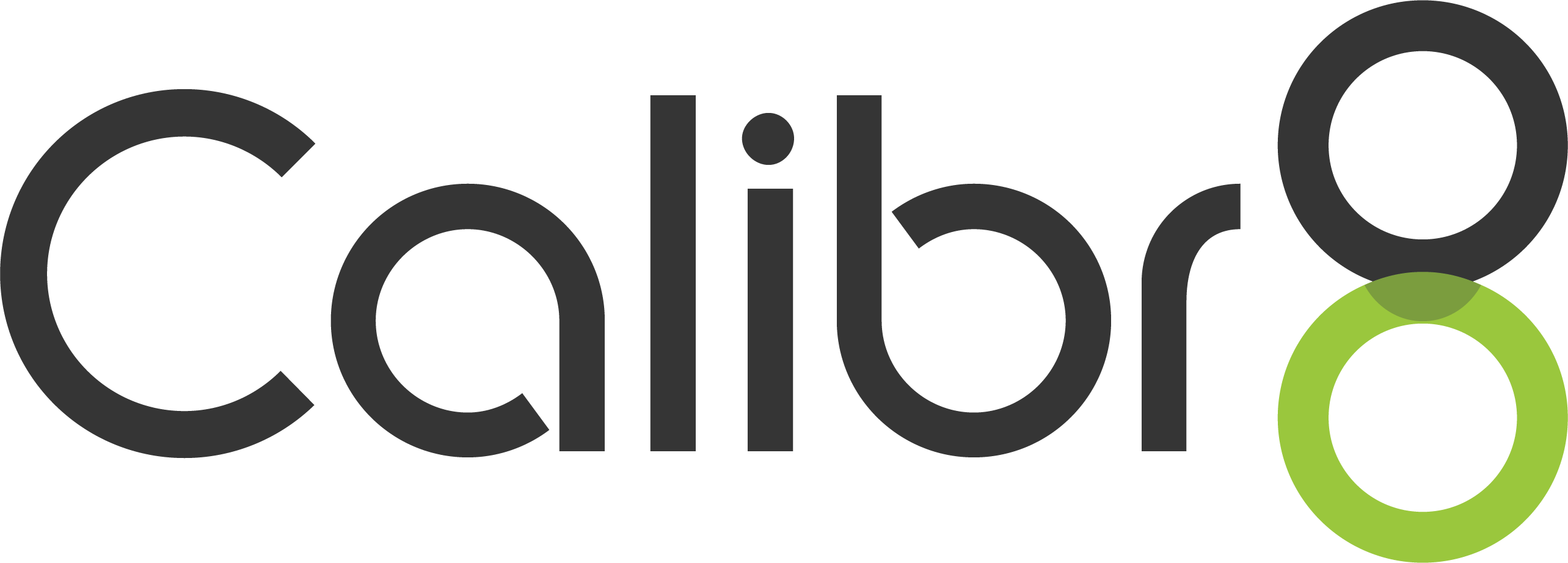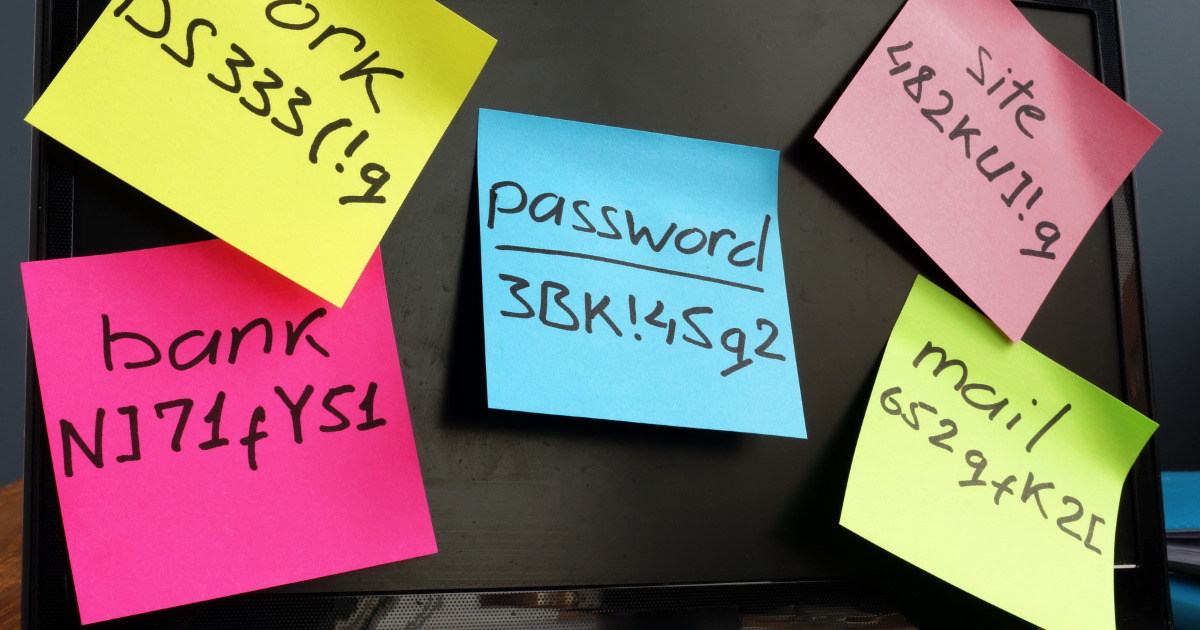Read time: 4 mins
Online passwords, a required modern necessity, lead to frustrations for four-in-ten Canadians. And while Gen Z and Millennials, who grew up having a multitude of passwords, are less frustrated by managing their online passwords, Gen X are the most frustrated group – much more so than their older Boomer counterparts.
Key Takeaways
- High Frustration Levels: Gen X Canadians are the most frustrated managing online passwords, while Gen Z and Millennials are less affected.
- Risky Management Habits: Many Canadians rely on paper, notes, or spreadsheets rather than secure digital tools.
- Adoption of Secure Tools: About 30% use password managers and 26% use biometric logins, though reliance on memory and frequent resets remains common.
- Low Reported Breaches: Only 15% have experienced password theft via phishing or data breaches, despite widespread insecure practices.
Level of Frustration With Managing Online Passwords
Ratings on a 10-pt scale; 10=Extremely frustrating, 1=Not all all frustrating
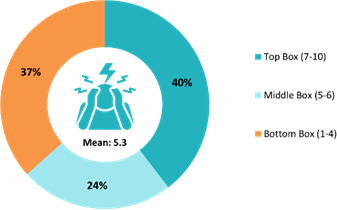
Regardless of frustration levels, many Canadians are inclined to make use of insecure online password management strategies. Many are writing their passwords down and keeping them in a secure place, rather than using technology or their memories to manage passwords. Indeed, this large group of 37% who use paper and pen, along with 14% who store their passwords as a note on their phone or within a spreadsheet online, may be choosing some of the least secure methods to store online passwords.
Online Password Management Strategy
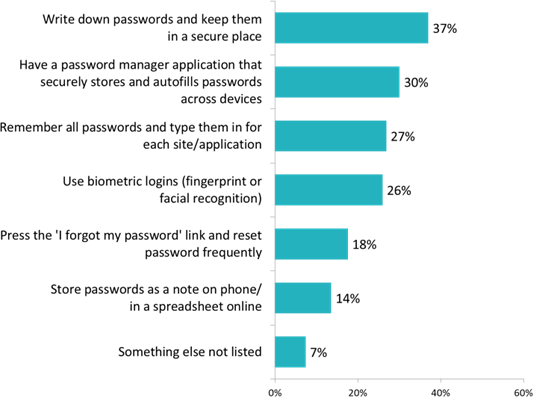
Results show that residents are often using more than one way of keeping track of their passwords, with many using more secure methods such as either a password manager to securely store passwords across devices (30%), or biometric logins (26%). A quarter are relying on their memory, and typing in passwords on each site or application, while two in ten are resetting their passwords frequently.
And perhaps unsurprisingly, those who press the ‘I forgot my password’ link and reset their passwords frequently are more likely than their counterparts to find password management a frustration. Boomers are most likely to write down their passwords, while younger groups are most inclined to simply remember their passwords and type them in for each site.
Despite many Canadians not protecting passwords in the most secure ways, just 15% of the population say that their passwords have been stolen through a phishing attack or data breach.
Ever Had Passwords Stolen Through a Phishing Attack or Data Breach
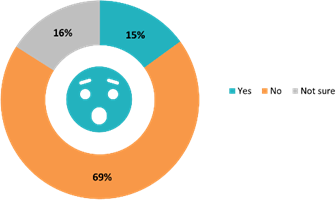
Results are from an online survey conducted in partnership between Narrative Research and the Logit Group. The survey was conducted between September 10 – 12, 2025 with 1,230 Canadians, 18 years of age or older from the Logit Group’s online Canadian Omnibus. Data were weighted based on the 2021 Census, by gender, age, and region to reflect actual population distribution.
For more information, please contact:
Margaret Chapman, COO & Partner, Narrative Research – 902.493.3834, mchapman@narrativeresearch.ca or Sam Pisani, Managing Partner, Logit Group – 416.629.4116, sam.pisani@logitgroup.com.
Narrative Research is a non-partisan, 100% Canadian-owned research company, certified as a Women Business Enterprise (WBE). Narrative Research provides clients with state-of-the-art research and strategic consulting services.
The Logit Group is a leading North American data collection and market research execution company headquartered in Toronto, conducting large-scale projects for a variety of well-known research agencies and brands. Logit employs industry-best technologies.

